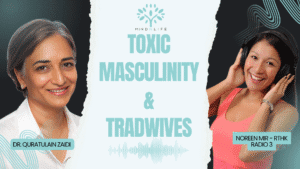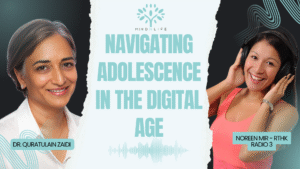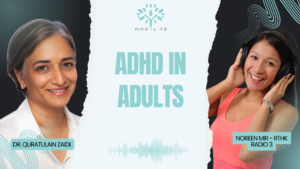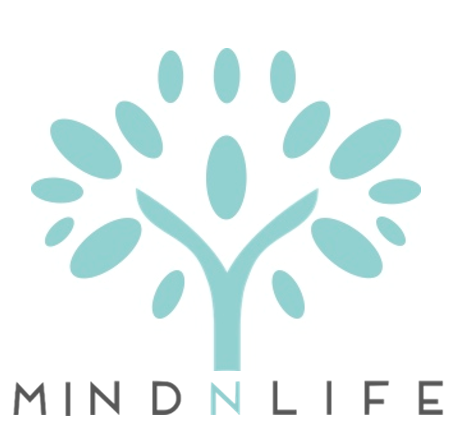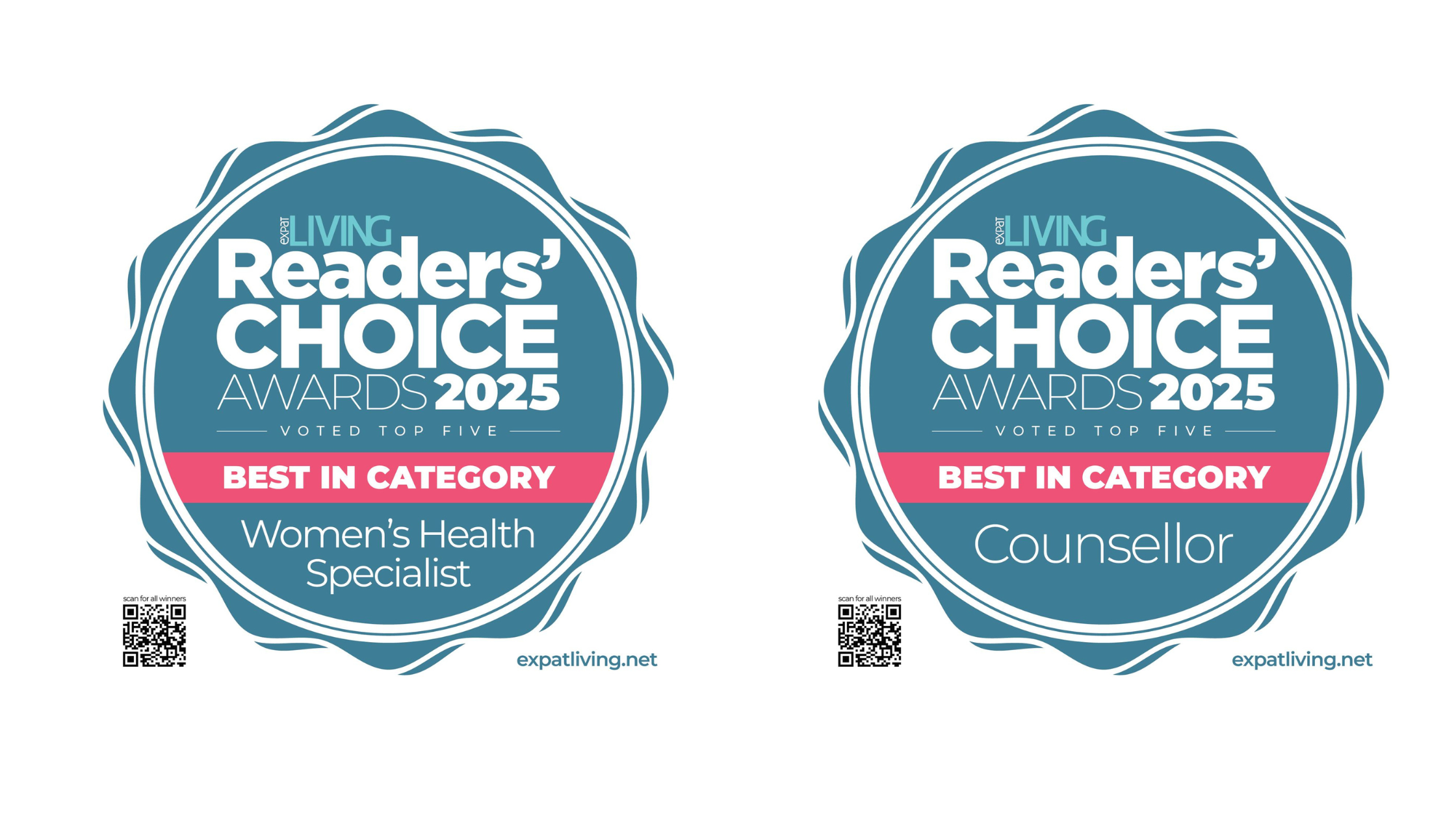Having a baby is an exciting, challenging and stressful experience. Welcoming your bundle of joy into this world should come with the most happy and positive emotions. But what happens when you don’t feel that joy or excitement? Is it the baby blues? Or is it something more serious such as postnatal depression?
Although the symptoms of both may be quite similar, postnatal depression is a more serious issue where the symptoms last for a longer period of time. Some symptoms to look out for include:
1. Lack of energy
2. Lack of motivation
3. Mood swings and irritability
4. Lack of interest towards your baby
5. Feelings of guilt and inadequacy
Although postnatal depression is common, it is not a topic that is discussed openly and the lack of understanding and support around this experience adds on to the frustration and confusion. It is imperative for all new mothers to have the right tools, support and help to ensure a happy beginning for both mother and baby.
In the Oct – Nov 2017 issue of EL Body & Mind, Dr. Zaidi shares her expertise on the topic of postnatal depression. Having helped many mums through this challenging phase of their life, Dr. Zaidi shares her insights and 10 coping strategies that can help you face the challenges that will come your way. Click here to read the article and see how Dr. Zaidi of MindNLife can help you make a smooth transition to motherhood.

Dr. Quratulain Zaidi (BSc. Hons, MSc, MSc, PhD) is a mother and a member of the British Psychological Society and British Association Counselling & Psychotherapy and abides by the Ethical Framework for Good Practice in Counselling and Psychology. She has lived in Hong Kong and Singapore for 12 years. She specialises in assisting families with issues including parenting, teen issues, Cybersafety, marriage guidance, post natal depression, stress and anxiety disorders, depression, bullying, eating disorders, OCD and self-harm. She is an expert in educational assessments and learning challenges in children, for example ADHD, ADD, Dyslexia and ASD.


